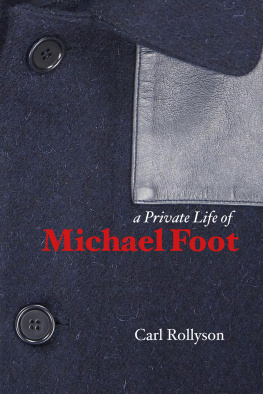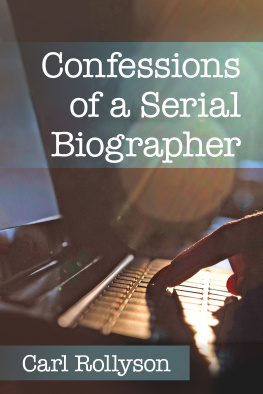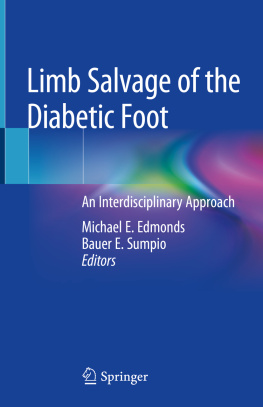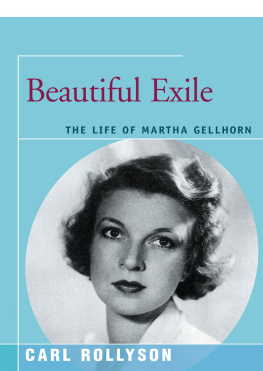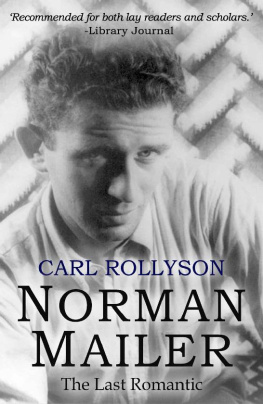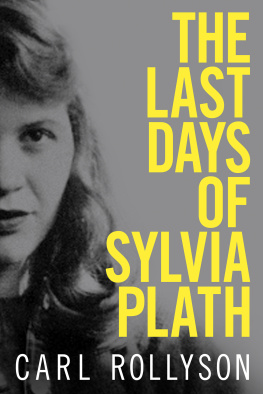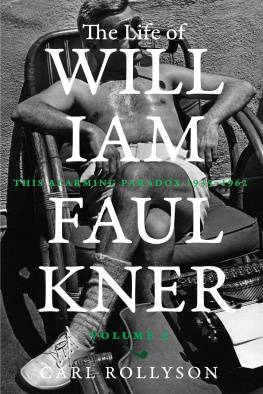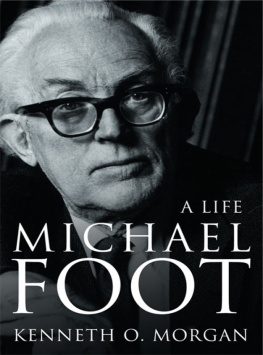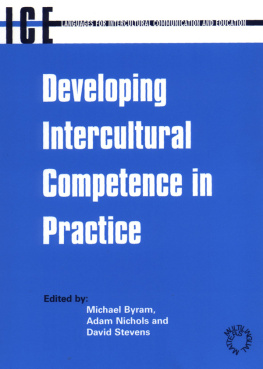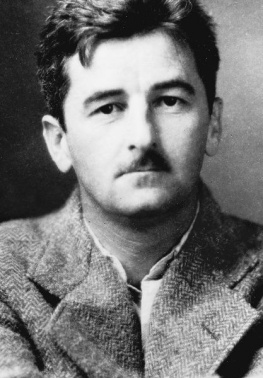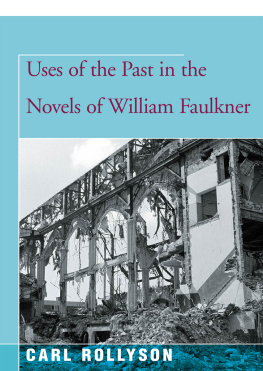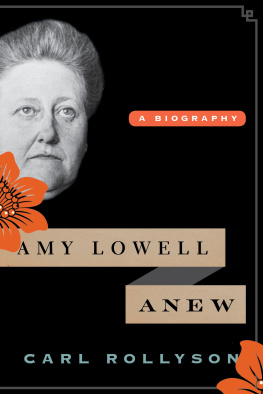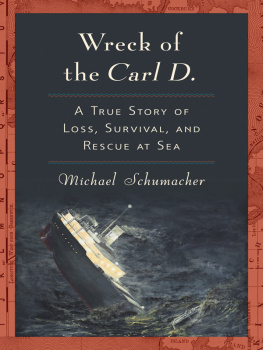ebook edition first published in the United Kingdom in 2015 by University of Plymouth Press, Endsleigh Place, Drake Circus, Plymouth, Devon, PL4 8AA, United Kingdom.
eISBN 978-1-84102-408-0
Carl Rollyson 2015
The rights of this work have been asserted by Carl Rollyson in accordance with the Crown Copyright, Designs and Patents Act 1988.
A CIP catalogue record of this book is available from the British Library in print ISBN 978-1-84102-390-8.
Publisher: Paul Honeywill
Editor: Michelle Phillips
All rights reserved. No part of A Private Life of Michael Foot may be reproduced, stored in a retrieval system or transmitted in any form or by any means whether electronic, mechanical, photocopying, recording, or otherwise, without the prior written permission of UPP. Any person who carries out any unauthorised act in relation to this publication may be liable to criminal prosecution and civil claims for damages.
Distributed by NBN iFusion
PREFACE
This is not a conventional biography. I rely not on documents, but almost exclusively on recorded interviews and memories of Michael Foot constituting a raw record of conversations not smoothed over by a biographical narrative. This is a book about process. I show how I went about obtaining my story, which ostensibly concerned Jill Craigie, who married Michael Foot in 1949. Michael entered Jills life in 1945. He was such an important source for this biography that, inevitably, I learned as much about him as about her.
Readers come to biographies to learn about the subject, not the biographer. Yet the biographer is, in a sense, half the story. Or, as Paul Murray Kendall put it in The Art of Biography , every biography is an autobiography. So A Private Life of Michael Foot is an effort to show how a biographer struggles to tell his own story, even as family and friends cherish differing narratives about that same subject. My wish is to highlight these clashes of perception rather than reconcile their discrepancies.
There is value, too, in showing the rough edges of biography, the stops and starts, in an unapologetic fashion. I wonder if there has ever been a biography that has treated a British political and literary figure in quite so revealing a fashion.
March 2000
Heres my library, which, Im sorry to say, is a bit of a mess. Jill used to [huh!] reprimand me. The huh! does not do justice to Michaels high-pitched wheeze, or capture the wry pleasure he took in recalling her scolding. Their Hampstead home on Pilgrims Lane she had so beautifully refurbished had a shabby and dishevelled appearance nowrather like its surviving rumpled owner. The room was lined top to bottom with bookshelves. It even had a wall of bookshelves that could be moved like a door, opening to a smaller room congested with more books and papers. The library seemed to serve as a huge storage vault: a long table was piled high with books, books blocked up an unused fireplace and the floor supported still more heaps of books and papers.
It had been nearly five years since I had last seen Michael. Then we had talked in a cosy sitting room where we were surrounded by books, but also by lovely furnishings. I had come to discuss Rebecca West, the subject of the biography I was writing at the time and Jill was not only telling me about the writer and woman she befriended and grew to love, but also she was producing Rebeccas first scrapbook of articles. These West wrote just after she had abandoned her family name, Cicily Fairfield. Jill , pointed to Rebeccas own handwriting announcing:
Rebecca West born 11 December 1912
Michael was a widower. I had missed Jills memorial service because I had recently moved and Michael had sent the notice to my old address. I first met Jill just after Michael retired from Parliament in 1992. The couple were selling their cottage in Wales. Over dinner, Jill asked me if I knew anyone who might like to buy it. A good place for a writer, she added, smiling at me. Her big eyes, which both her daughter and an ex-lover, William MacQuitty, extolled, seemed to swallow me up. I wanted to buy the place on the spot, such was her charmand Michaels. They displayed not just the good humour biographers experience during interviews that go well, but also extended an affection that amounted to a blessing.
When Michael greeted me at the entrance to their home only three months after Jills death, his pallid complexion shocked me. I thought that I had arrived at deaths door. He appeared to have aged more than a decade. I remembered that he sometimes stumbled, even with a cane, but now he was all wobble, yet his voice was as strong as ever and as engaging as it always had been.
I had come to discuss writing Jills biography. In order to ascertain if Michael would be receptive to my overture, I had consulted my agent (Gloria Ferris) who had represented Michaels biographer, Mervyn Jones. Gloria and Mervyn thought Michael would meet me. So I wrote to Michael, simply saying that I had felt a terrible loss myself when I read Jills obituary in The New York Times . Perhaps it was too soon to think about a biography, but if he should decide he wanted one, I asked him to keep me in mind. Two weeks later he called me at my home in Cape May County, New Jersey: You are the one to do it! Jill would have approved!
I knew that both Jill and Michael had liked my biography of Rebecca West, but just how much quite astounded me. I had kept them apprised of my progress on the book, sending them chapters for their comments. Jill could be exceptionally critical, especially on the subject of feminism and I worried that she would find my chapters on Rebeccas early years as a radical feminist wanting. But her praise was more than gratifying. Michael later touted my book in his biography of H. G. Wells. They had discussed my work often, Michael said.
Michael had published articles in praise of Rebecca Wests patriotism. Unlike many others on the Left, he did not find her fierce anti-Communism troubling. Indeed, it was in accord with his own mission to develop a Socialism that would provide the world with an antidote to Soviet tyranny. Mervyn Jones told me that while researching his biography of Michael, he had been impressed with the vehemence of Michaels own anti-Communism as expressed in the hard Leftist Tribune , which Michael edited for several years.
Biographers are often made to feel like supplicants. But Michaels first phone call was a wooing, making me feel that as the biographer of Rebecca West, I was conferring an honour on Jill. He provided me not just with unfettered access to Jills study: I was to live with him whenever I was in London. I was to go about the house as if it were my own. I could rifle through every drawer, cupboard, room and receptacle. I slept on a sofa bed in Michaels library. Each night before retiring, I would go through a shelf or pile of books (his only filing system) filled with letters and reviews and notes. Every night brought a new revelation. A few letters from Mary Welsh, Hemingways fourth wife, whom Michael had known in the war, were tucked into Hemingway books. In a debunking biography of Michaels hero, Aneurin Bevan, founder of the National Heath Service, I read Michaels comment on the flyleaf, which began read with rising anger ...




